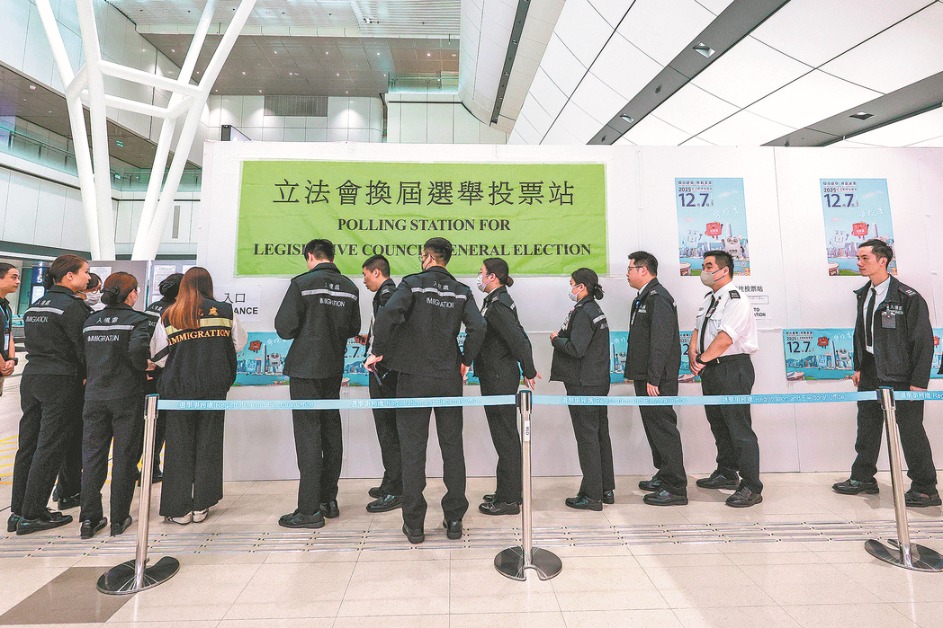Colombian peace process moves forward through challenging period: UN envoy
Xinhua | Updated: 2019-10-11 10:30

UNITED NATIONS - The top UN envoy in Colombia said Thursday that the peace process has continued to move forward through a challenging period.
Two years after the successful conclusion of the laying down of arms by former Revolutionary Armed Forces of Colombia (FARC) rebels, the vast majority of former fighters remain engaged and committed to the peace agreement, said Carlos Ruiz Massieu, the UN secretary-general's special representative and head of the UN Verification Mission in Colombia.
Thousands of former fighters are pursuing academic studies, receiving vocational training, participating actively in cooperatives, and are employed in activities related to the peace agreement. More than 3,500 former combatants are involved in collective and individual productive projects, ranging from agricultural ventures to clothing manufacturing to eco-tourism, he told the Security Council.
It is important to emphasize the commitment of these former combatants to the peace process given the "regrettable and unjustified" actions of a few former FARC commanders who recently announced that they have taken up arms again, said Ruiz Massieu.
"I would like to recognize the swift and categorical rejection of these actions by all sectors across the country, including the FARC political party, which has expelled those who took up arms again, and by President (Ivan) Duque."
It is now more important than ever to support the women and men who remain resolutely committed to peace and to transforming their lives and those of their families and communities, he added.
The Colombian government and FARC struck a peace deal in August 2016 after four years of negotiations in Havana, Cuba, ending a five-decade-long conflict in the country. The UN Verification Mission in Colombia, mandated by the Security Council, is tasked to verify the reintegration of former FARC fighters.
Ruiz Massieu voiced concern over attacks against former FARC combatants, saying that 20 of them have been killed since his last briefing to the Security Council in mid-July.
There has been some progress in the implementation of various measures announced by the government to strengthen security guarantees for former combatants and to step up investigations into these killings. But more needs to be done, in particular, to address continued budgetary shortfalls faced by the entity in charge of providing protection for former combatants, he said.
The departmental and local elections are less than three weeks away and violence against candidates is affecting political parties across the ideological spectrum, including FARC, which is participating in local elections for the first time, he said. "Protection measures for all candidates should be strengthened."
He also stressed the importance of livelihood for former combatants, either those living in designated areas or elsewhere.
He welcomed the government's decision to temporarily extend the monthly allowance, the provision of food and services, and the presence of public security forces in the designated areas for reintegration purposes.
But more than 8,000 former combatants living outside those areas have limited access to reintegration benefits and they are more vulnerable to violence and to recruitment by illegal armed groups. More should be done to support this population, said Ruiz Massieu.
The hopes of Colombians for a peaceful and prosperous future can be realized if the government, FARC, civil society as a whole and the international community work together to ensure that the letter and spirit of the peace agreement become concrete deeds and actions to improve the lives of those who have most suffered from the conflict, he said.
























